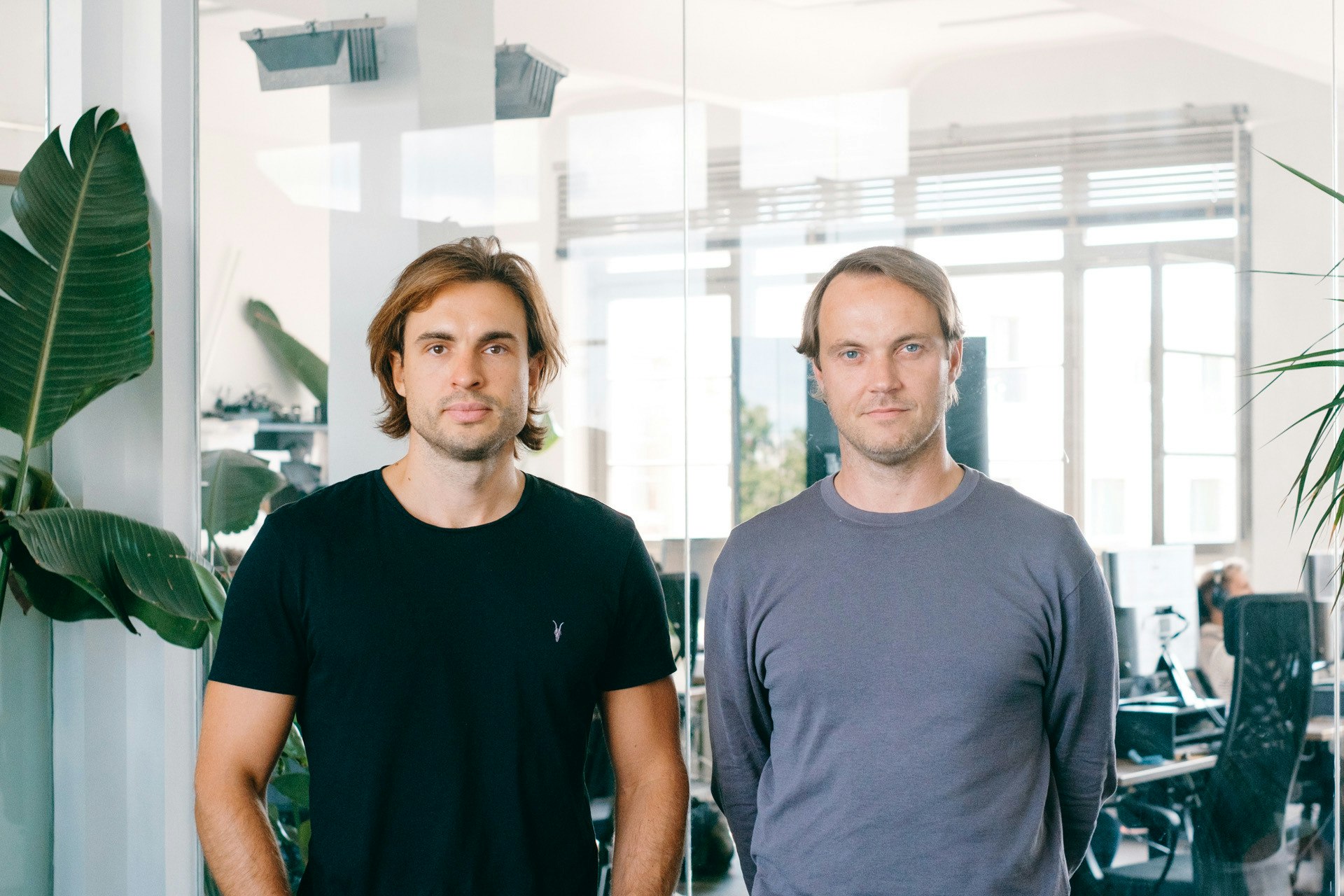Amid economic uncertainty and rising interest rates, climate tech offered a glimmer of hope for embattled tech investors. In 2022, while the wider tech sector saw a 18% funding drop on 2021, climate tech enjoyed a record year. That led to many declaring the sector "recession-proof".
But data for 2023 suggests the party might be over — or at least, a chunk of the guests have left. Venture funding for European climate tech companies dropped 43% in the first half of 2023 compared to the same period last year.
“No sector is immune to the market, the pullback is across the board,” says Arne Morteani, investor at climate tech VC firm Kiko Ventures.
Climate tech companies are at the whim of the same forces all startups face: the effect of interest rate rises on investors and the challenge of raising fresh capital at the high valuations many companies were given at the tech market's peak.
“We are seeing a lot of top-tier funded companies coming back for bridges at the same (or lower) valuation than the last equity round, so not ideal but it's companies that had raised at massively ambitious valuations and just weren't able to grow into them,” says Stefano Bernardi, investor at Unruly Capital.
But investors also highlight problems specific to climate tech: a lack of growth-stage funding and founders waiting on more clarity around regulation before they raise again.
Growth stage has dried up
The biggest slow-down in climate deals has been at the growth stage, Series B and beyond. The amount of money deployed at these stages fell 48% year-on-year in the first half of 2023. In comparison, seed stage and Series A funding amounts are mostly consistent.
Growth-stage climate funding has typically come from generalist and crossover funds, the majority of which have pulled back their capital deployment across the board. Compared to seed stage, there are very few specialist climate tech funds doing growth-stage deals.
According to data from Dealroom, 42% of the climate specialist VC firms in Europe are focused on seed stage investments, compared to 13% focused on Series B and beyond.
The timing of the climate tech sector’s emergence is one factor, Morteani says. The first people to engage with an emerging sector are seed-stage funders. In turn, that triggers the establishment of later-stage capital pools.
“Climate came up as a topic and the capital markets were just about to react,” says Morteani. “That was just happening when the Ukraine crisis hit and that evolution was stopped in its tracks. In the capital markets, the gearbox broke.”
Sebastian Heitmann, investor at Berlin-based climate tech firm Extantia, says the Series B gap is “a very serious one”. Companies, particularly those building hardware, need significant funding chunks up front to build proof-of-concept prototypes long before they start commercialising it.
One pool of investors that has remained active and continues to write larger cheques are CVC funds, Heitmann says — particularly the energy firms currently reaping record profits. (That said, French energy giant TotalEnergies sold off the entirety of its CVC portfolio last month.)
The waiting game
The fallow period could also be down to both investors and founders waiting to see how particular tech, and regulation, plays out.
Investors aren't going to make multiple bets on one technology, Heitmann says. Instead they’re going to wait to see how the tech performs against others in the market. “You're not going to do three similar, directly competing carbon removal or hydrogen technologies,” he says.
Some climate founders are also stuck in a waiting game. “There are a lot of founders waiting to see what regulation does,” Heitmann says. There are still questions around the US's huge Inflation Reduction Act (IRA) and some founders are waiting on clarity before they go out fundraising again.
Glimmers of hope
But it's not all doom and gloom — some climate tech sectors have managed to keep funding stable.
Energy has remained a relative bright spot, with funding falling just 19% in the first half of 2023 compared to the first half of 2022. The largest climate rounds of 2023 so far went to German solar startup 1Komma5, which raised €430m, and fellow German solar startup Enpal which also raised a €430m debt round.
Another reason to be optimistic, Heitmann says, is that climate tech companies are increasingly tapping non-dilutive capital streams which don’t show up in the funding statistics.
“As venture capital is reluctant to pay any higher valuations, entrepreneurs are looking for non-dilutive capital,” he says. “That’s one part of the story we don’t see in the numbers, non-dilutive in climate tech plays a significant role.”
Across the board, Heitmann says there are strong reasons to believe the current climate investing era will dodge the pitfalls of earlier cycles. It’s a very different world to the “cleantech bubble” of the early 2000s — a period that haunts investors and is almost unanimously considered a wipeout.
“That’s not where we are today. Cleantech 1.0 was pretty much only driven by investments into solar and a bit of wind,” Heitmann says. The industry today is far more diversified in the types of tech people are building — and it’s also, critically, being pulled along by gamechanging legislation like America’s IRA.


